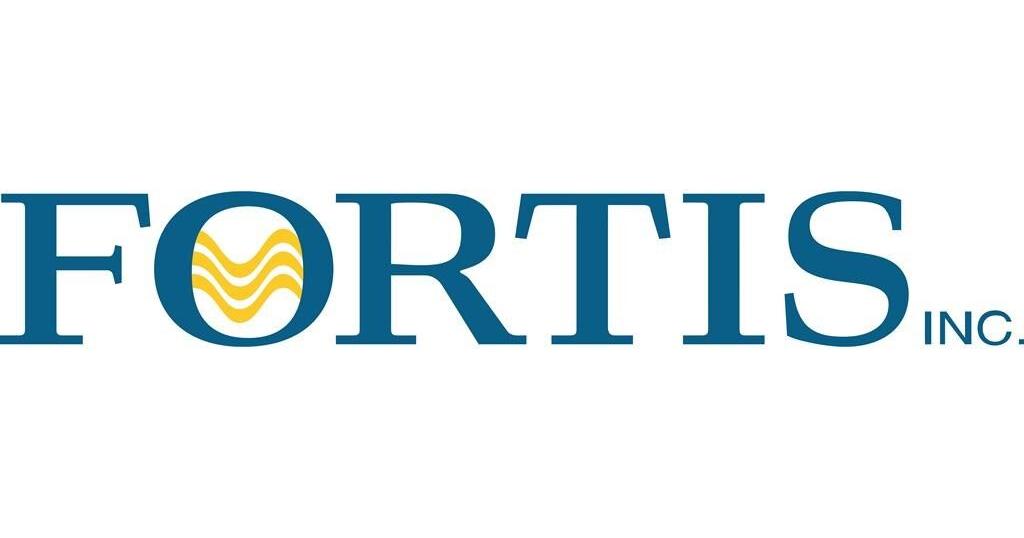Would you pay $2,000 to live in a 200-square-foot unit in Vancouver’s Downtown Eastside?

That’s the offer that was briefly advertised in a slick TikTok video for a unit in the Lotus Hotel at Abbott and Pender streets, and swiftly drew online backlash.
The video, first reported by CBC News, takes viewers on a tour through the tiny single-room accommodation (SRA) suite, which includes a fold-down bed, mini fridge and small bathroom. The video has since been removed from the social media platform. Global News attempted to contact its creator but did not get a response.
The suite is one of several in the building being marketed by DPM Property Management for upwards of $1,700 per month.
Sean Esser has lived in a similar unit in the building for about two years and told Global News he pays $1,300 per month.
He called the rent a “good price” in comparison to other rent he’s seen advertised in the city, but admitted it was more than he wanted to pay.
“That’s way too much for 200 square feet. I can’t even believe how much I pay and I know it’s quite an expensive city,” he said. “It’s the smallest place I’ve ever lived in and its the most I’ve ever paid.”
Earlier this week online rental unit website Rentals.ca reported the average monthly price for a one-bedroom apartment in the city had surpassed $3,000 per month.
The Lotus building was purchased two years ago by Toronto investment firm Forum Asset Management, which told Global News more than 70 per cent of the units had already been renovated.
Historic tenants of the SRA in the older units say they’re being offered buyouts.
One 22-year tenant, who spoke on the condition of anonymity, said he planned to hold out despite being offered cash if he gave up his unit. He said he currently pays $560 per month.
“Not a specific amount, but they want to talk about it. I responded last time by email to tell them I am not interested,” he said. “I cannot find a place. They don’t offer me a place to move, they offer me money. What can I do with the money?”
The tenant said some people who had another rental option had moved, but those who remained planned to stay.
In a statement, Forum said five long-term tenants have accepted compensation to move out — but that it is only making deals with residents who could prove they had somewhere else to go.
“We will continue to work with tenants open to a mutual arrangement to vacate in order to modernize units and the building, but only if they confirm they have secured alternative housing,” the company said.
Downtown Eastside residents Global News spoke with expressed anger at the sky-high rents the company was advertising in what is one of the country’s poorest neighbourhoods.
“People just can’t afford that down here, especially being so small. It’s just a terrible thing, it should be banned by the city. They’re not doing their due diligence,” said John Flauch, who has lived in the neighbourhood for 25 years.
“They’re just robbing these people. These old buildings, most of them in the neighbourhood of that size are like $400 to $600.”
Vancouver City Coun. Pete Fry said the city is limited in what it can do. SRA and single-room occupancy (SRO) units themselves can be protected, but the city can’t put a cap on rents, he said.
“It may be unethical, it may be unscrupulous, but it’s certainly not illegal,” he told Global News. “What this means for us as a city, though, unfortunately, is that a lot of the units that were traditionally available to folks on disability or welfare aren’t available anymore, and we’re seeing those folks end up on the street.”
The City of Vancouver sought to limit rent increases in SRA buildings through a vacancy control bylaw, but saw the regulation struck down by the B.C. Supreme Court in 2022. Fry said the city is appealing the decision.
In the meantime, Fry said the situation at the Lotus may well represent the future of housing in the city.
“Well, I guess we’ll see. But yeah, I suspect it is,” he said. “We are seeing the market is driving demand for small micro units close to downtown.”


























